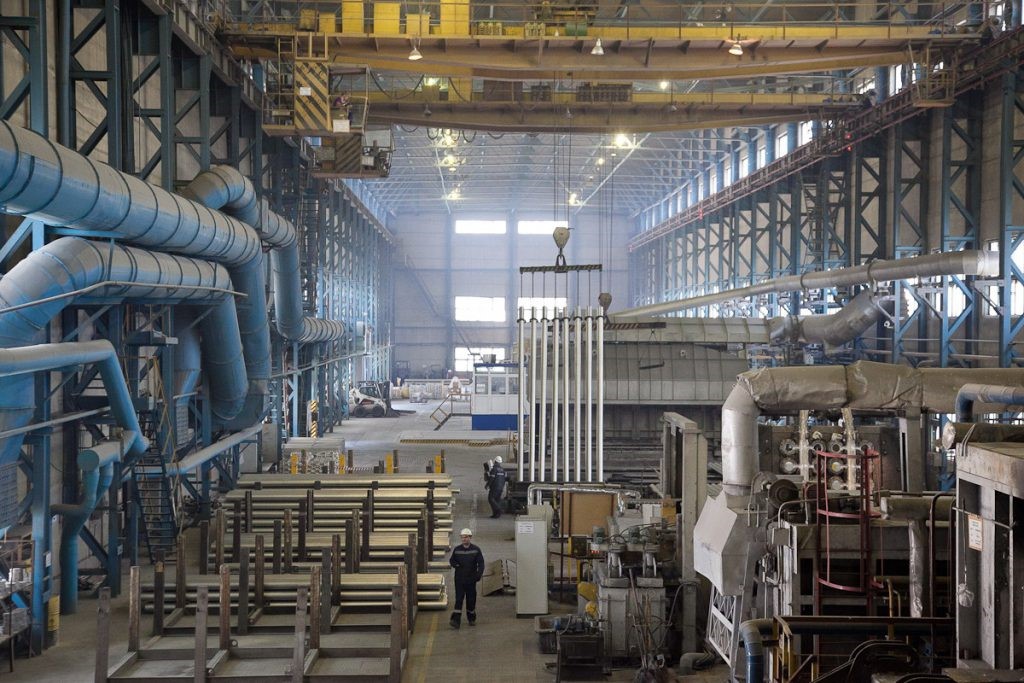您想继续阅读英文文章还
是切换到中文?
是切换到中文?

THINK ALUMINIUM THINK AL CIRCLE

Last week, December 7, at the hearing of the GHG emissions intensity investigation, the Institute of Scrap Recycling Industries (ISRI) and the Aluminum Association intimated to the US International Trade Commission (USITC) that the domestic recycled materials industry’s support for the aluminium producers to fight climate change by providing high-quality renewable materials as replacements for extracted resources has resulted in lowering energy consumption and carbon emissions.

Both ISRI and the Aluminium Association testified to this fact after conducting surveys on several aluminium companies in response to the USITC’s fact-finding investigation on the intensity level of greenhouse gas emissions from aluminium and steel produced in the United States.
ISRI pointed out at the hearing that nearly 80 per cent of the US aluminium is produced using recycled aluminium, while 70 per cent of steel is produced using recycled steel. The association also claimed that the US aluminium and steel sectors are more efficient than their global counterparts, adding that only 30 per cent of steel is produced globally using recycled content.
ISRI Assistant Vice President of International Trade and Global Affairs, Adam Shaffer, said: “The US recycled materials industry plays a vital role in combatting climate change by promoting safe, economically sustainable and environmentally responsible recycling. Broadly speaking in the United States, recycled commodities annually save the equivalent of nearly 400 million tonnes of carbon dioxide—equal to the energy use of 48 million homes for one year.”
Aluminium Association President and CEO Charles Johnson also testified before USITC, saying: “It is no exaggeration to say that there is no green energy transition without materials like aluminum. This growing shift has led to significant domestic investment—with nearly $10 billion committed or spent to build and expand US aluminum plants and operations over the past decade. This includes the building of two brand-new, state-of-the-art aluminum rolling and recycling mills currently underway.”
The Aluminium Association highlighted that over the past 30 years, the carbon impact of North American aluminium production has decreased to half, thanks to technological advancements, efficiency improvements, and the replacement of coal-fired with renewable energy sources for smelting.
In AL Circle's recently published e-Magazine titled “The Aluminium Industry: Focus Americas”, Matt Meenan, Vice President, External Affairs at The Aluminum Association, clearly said that there are two ways to decarbonise the aluminium sector. The first is to reduce emissions on the upstream production end of the business, and the second is to ramp up metal recycling significantly.
Responses








